News
FG to receive first batch of 3.2m meters in April
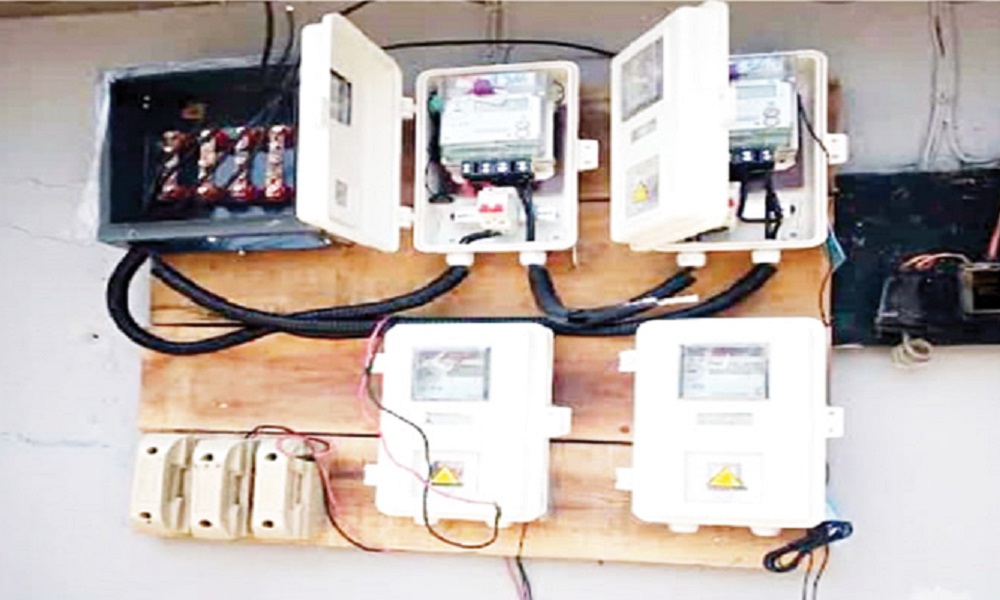
The federal government has announced a step in its plan to bridge Nigeria’s electricity metering gap, with the first batch of 3.2 million meters set for delivery starting April 2025. This initiative is part of a broader strategy to ensure accurate billing, reduce revenue losses, and improve power sector efficiency.
According to a statement by Bolaji Tunji, special adviser on strategic communications and media relations to Adebayo Adelabu, the minister of power, the first consignment of 75,000 meters under the International Competitive Bid 1 (ICB1) will arrive in April 2025, followed by an additional 200,000 meters in May.
The statement comes in response to recent media reports portraying Nigeria’s electricity sector as being in crisis due to persistent metering shortages.
Tunji emphasised that while challenges remain, significant progress has been made, with over 5.5 million customers—about 55 percent of the 10.1 million active electricity users—already metered as of December 2024.
Despite concerns over the pace of metering, the government highlighted that an average of 668,000 meters are installed annually. In 2024 alone, 572,050 new meters were deployed.
Tunji acknowledged the existing gap but stressed that structured financing and government-backed programs are set to accelerate progress.
“The narrative that Nigeria’s metering gap will take over a decade to resolve is misleading,” Tunji stated. “With the current interventions, we expect significant improvements before the end of the year.”
To fast-track meter deployment, the Federal Government has launched two major programs:
Distribution Sector Recovery Program (DISREP)
DISREP aims to deliver 3,205,101 meters by 2026 through three procurement models: 1,437,501 meters via ICB1, 217,600 via NCB, and 1,550,000 via ICB2. The first batch of 75,000 meters (ICB1) arrives in April, followed by 200,000 more in May.
Funded by FAAC, PMI targets two million meters yearly for five years. An SPV will oversee implementation, with the tender for the first two million meters expected by Q3 2025.
The current metering gap has long been a pain point for both electricity distribution companies (DisCos) and consumers, with many households and businesses still on estimated billing. The lack of meters has contributed to revenue losses for DisCos and dissatisfaction among customers who dispute inflated bills.
The government’s latest interventions aim to eliminate these inefficiencies by ensuring widespread meter deployment. Tunji noted that the DISREP and PMI programs are designed to provide a sustainable solution rather than a temporary fix.
While the plans have been welcomed, industry observers emphasize the need for timely execution. Past metering initiatives, such as the Meter Asset Provider (MAP) scheme, faced delays due to funding and logistical constraints.
However, the government assures that the current financing structure—particularly the ₦700 billion PMI—will prevent such setbacks. “These are well-structured plans with secured funding,” Tunji said. “The focus should be on execution rather than undue criticism.”
For millions of unmetered electricity users, the accelerated deployment promises relief from arbitrary billing. Once installed, the new meters will enable accurate consumption tracking, reduce disputes, and improve overall power sector transparency.
As the first batch of meters arrives in April, all eyes will be on the government and DisCos to ensure seamless distribution and installation. If successful, Nigeria could see a dramatic reduction in its metering gap within the next few years—a critical step toward a more efficient and customer-friendly electricity market.
News
You must refund N300m, Rivers State tells NBA
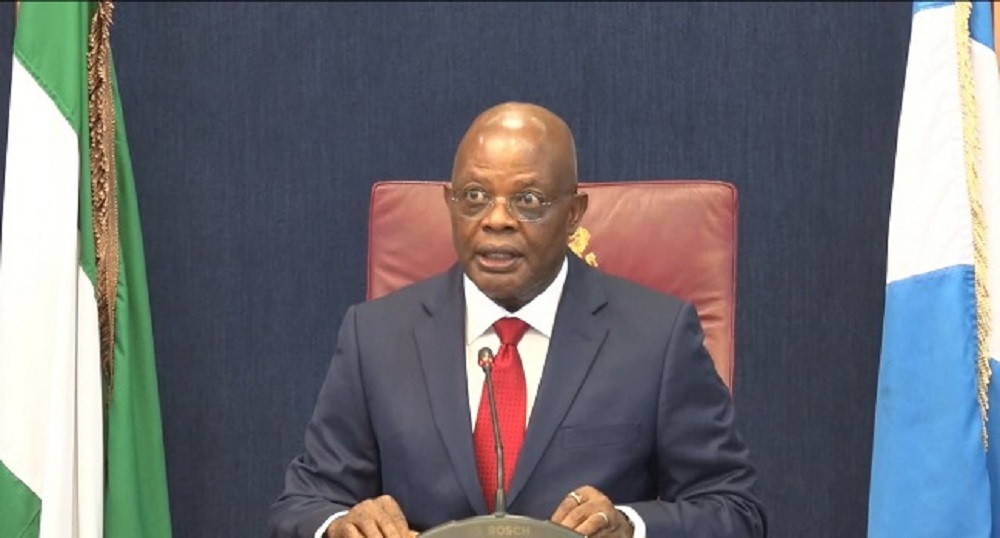
The Rivers State Sole Administrator, Vice Admiral Ibok-Ete Ibas (retd.), has replied to the Nigerian Bar Association regarding the reason for relocating its Annual General Conference from Port Harcourt to Enugu State.
Ibas faulted the reason cited by the NBA, describing it as misleading and uncharitable.
The Sole Administrator stated this in a statement issued in Port Harcourt on Monday by his media aide, Hector Igbikiowubo, and sent to newsmen.
He said while the NBA reserves the right to choose a venue for its conference, the association had yet to address the issue of the refund of the hosting rights paid by the state government for the conference.
The statement partly reads, “While we respect the NBA’s right to choose its conference venues, we find it curious that the association—despite its “principled position”— didn’t address the refund of the N300 million already paid by the Rivers State Government for the hosting rights of the 2025 conference.
“If the NBA truly stands on principle, it should demonstrate the same integrity by promptly returning these funds rather than benefiting from a state it now publicly discredits.”
It added, “The attention of the Rivers State Government has been drawn to the Nigeria Bar Association’s announcement dated 10th April 2025, relocating its 2025 Annual General Conference from Port Harcourt to Enugu.
The statement partly reads, “While we respect the NBA’s right to choose its conference venues, we find it curious that the association—despite its “principled position”— didn’t address the refund of the N300 million already paid by the Rivers State Government for the hosting rights of the 2025 conference.
“If the NBA truly stands on principle, it should demonstrate the same integrity by promptly returning these funds rather than benefiting from a state it now publicly discredits.”
It added, “The attention of the Rivers State Government has been drawn to the Nigeria Bar Association’s announcement dated 10th April 2025, relocating its 2025 Annual General Conference from Port Harcourt to Enugu.
News
FG extends contactless biometric passport to US, Mexico, Jamaica, Brazil
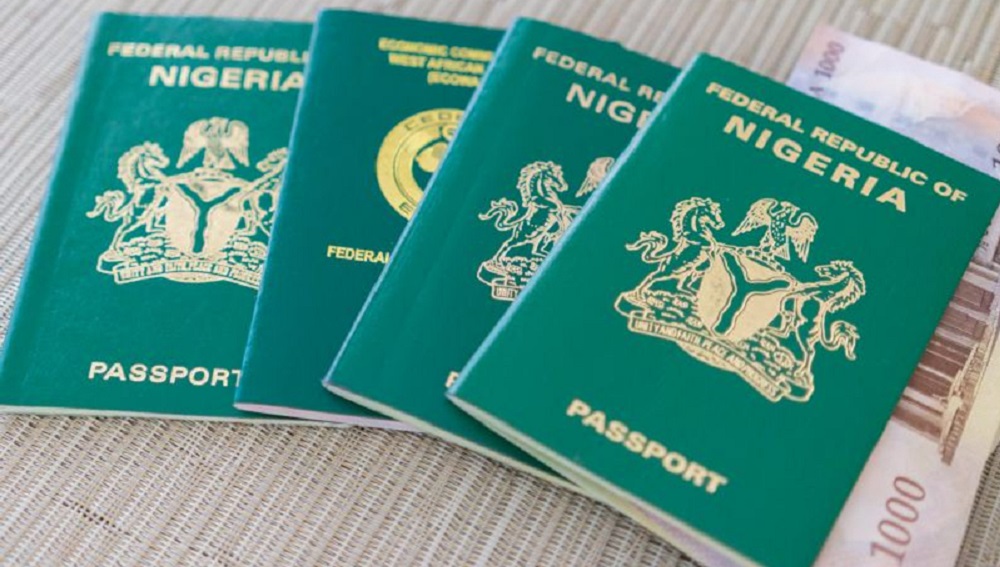
By Francesca Hangeior
The Federal Government has unveiled the second phase of its contactless biometric passport application system across its four missions in United States, Mexico, Jamaica and Brazil.
The Nigeria Immigration Service NIS disclosed this in a tweet on its ‘X’ handle signed by Service Spokesman, ACI AS Akinlabi.
The statement reads; “ain continuation of the phased Roll-Out of the Contactless Biometric Passport Application System across Nigerian Missions abroad, the Nigeria Immigration Service under its
Comptroller General, Kemi Nanna Nandap wishes to inform the General public especially Nigerians in the Diaspora that it is implementing the next stage of the roll-out across the following countries.
“The Application System, which is currently available on Google Play Store (NIS Mobile), is designed to allow Nigerians to renew their passports without visiting any Passport Centre for Biometrics enrollment. The Apple Store version will be onboarded shortly and an enhanced version of the NIS Mobile App for both Android and iOS users will be deployed to further improve users’ experience and accessibility.
“With this roll-out, the Service further informs the General public that the Contactless Passport App is now available in Canada, the USA, Mexico, Jamaica, Brazil, Europe, and Asia. It is yet to be rolled out in Australia and Nigeria, a future date will be announced for both countries in due course.
“The Service remains committed to innovative and efficient Service Delivery to Nigerians anywhere in the world”.
News
Eight Kwara TESCOM candidates fail drug test, lose jobs
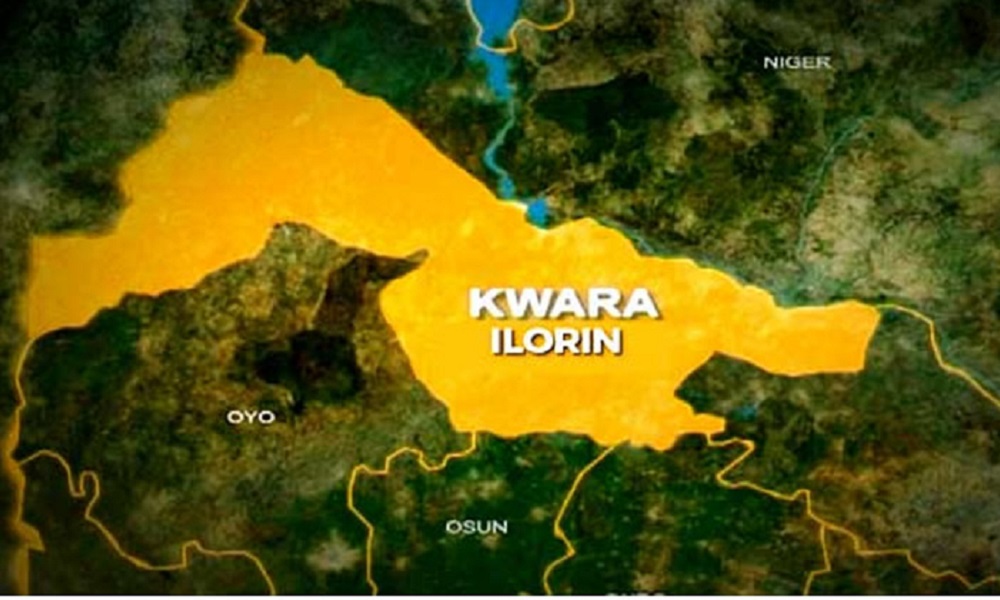
By Francesca Hangeior
At least eight of the 1,800 candidates shortlisted for teaching positions under the Kwara State Teaching Service Commission have been disqualified after testing positive for banned substances.
This was disclosed in a statement on Monday by the TESCOM Press Secretary, Sam Onile, who quoted the Chairman of the Commission, Bello Abubakar.
According to the statement, the disqualified applicants tested positive for drugs, including benzodiazepine, tramadol, cotinine, marijuana, and amphetamine.
The tests were conducted by the National Drug Law Enforcement Agency with support from the state government.
Abubakar said the affected candidates would be replaced by the next best-performing applicants from their respective local government areas.
“A major implication of this development is that the affected individuals will be replaced by the candidates who are next to them in performance from their respective local government areas,” the statement said.
“The idea is to send an unmistakable message about the state government’s zero tolerance for drug abuse. We have a duty of care not to expose little children to drug abuse under any circumstances.”
The TESCOM chairman praised AbdulRazaq for insisting on a merit-based recruitment process, noting that the governor had again demonstrated fairness and commitment to quality education in the state.
-

 News13 hours ago
News13 hours agoAutonomy: 774 LGs challenge FG, states in court Tuesday
-

 Sports23 hours ago
Sports23 hours agoJust in: Newcastle pummel Man United 4-1
-

 News6 hours ago
News6 hours agoRivers women rally in support of state of emergency
-

 News23 hours ago
News23 hours ago2027: Atiku’s Opposition Front is a mission impossible-Wike declares
-
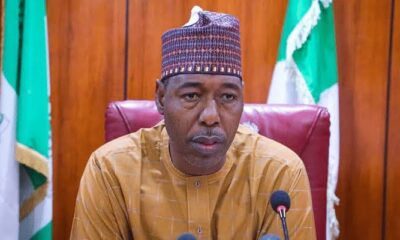
 News12 hours ago
News12 hours agoZulum orders arrest, offers house, scholarship to abused boy in viral video
-
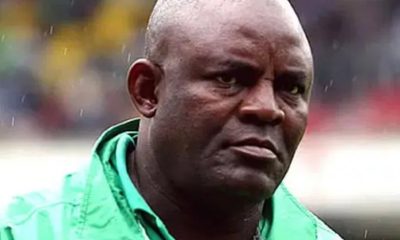
 News24 hours ago
News24 hours agoChristian Chukwu’s Death A Monumental Tragedy— Hon Nnaji
-

 Politics24 hours ago
Politics24 hours agoPDP Govs Set to Meet in Ibadan Amid Unending Crisis, Opposition Merger Talks
-
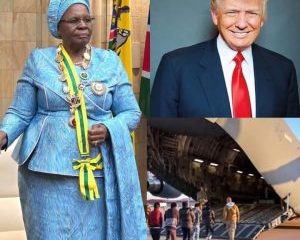
 News6 hours ago
News6 hours agoJust in: Namibia Moves to Deport Over 500 Americans in Bold Visa Policy Shift






